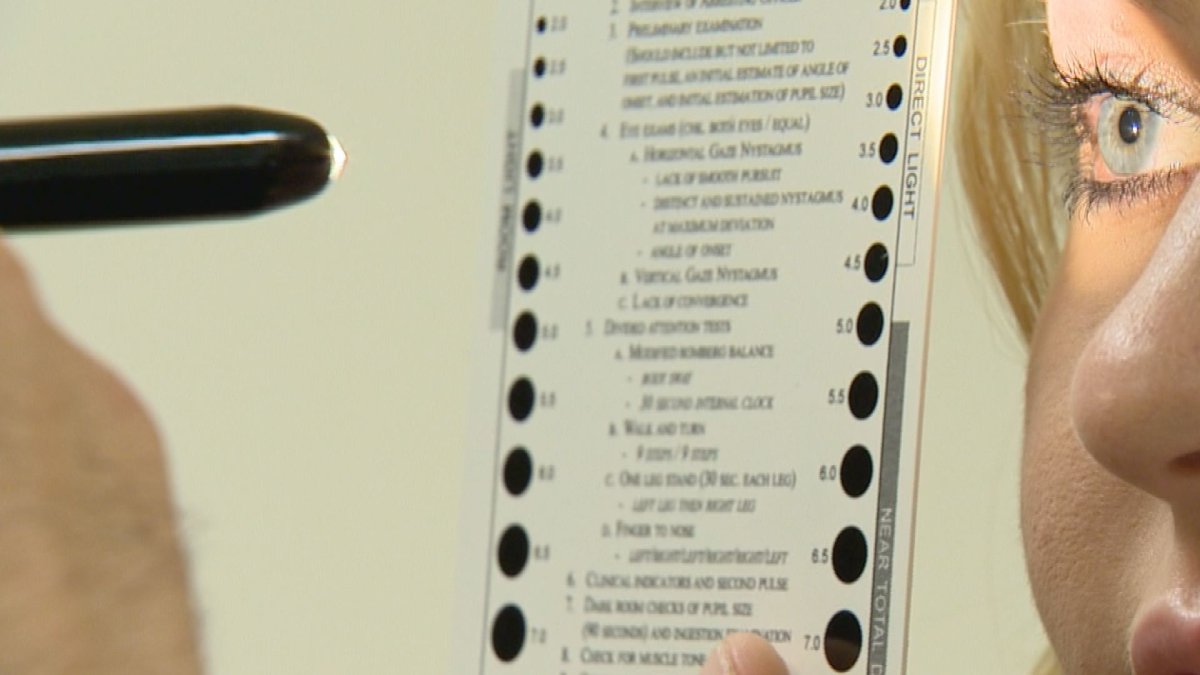REGINA – We often hear about the dangers of drinking and driving, but what about getting behind the wheel while high on some form of drug?

As of June 27th, new traffic laws will see drug impaired drivers face the same sanctions as alcohol impaired drivers.
Constable Marcus Simons with the Regina Police Service said there is an increasing concern of people getting behind the wheel while impaired.
“They know that it’s not right to drive with alcohol but they don’t really realize you’re impaired the same way by drugs or marijuana,” he added.
Major changes to impaired driving laws include tougher penalties for those impaired.
Experienced drivers, for example, will face an immediate three-day license suspension compared to the current 24-hour suspension.
If you’re a new driver, you’ll face a 60-day suspension and vehicle impoundment on your first offense versus the current 30-day suspension.
The changes will also see drivers required to complete different driving while impaired programs or undergo addictions screenings.
Traffic Safety Services assistant vice president Kwei Quaye with Saskatchewan Government Insurance, explained that the idea is to use education, enforcement and tougher legislation to make our roads safer.
- Posters promoting ‘Steal From Loblaws Day’ are circulating. How did we get here?
- Video shows Ontario police sharing Trudeau’s location with protester, investigation launched
- Canadian food banks are on the brink: ‘This is not a sustainable situation’
- Solar eclipse eye damage: More than 160 cases reported in Ontario, Quebec
“When we look at our fatalities, we’ve been at the very bottom when compared to other jurisdictions. So, last year, the government formed a committee to look at ways to see how this record can be improved or changed.”
According to Simons, recognizing someone in the state of being drug impaired takes experience, which is why Regina police staff roughly a dozen drug recognition experts.
If you’re unable to pass tests such as walking a straight line, or touching your hand to your nose, then you could be required to give a urine sample.
Simons said that the sample can’t determine when someone was doing drugs but does verify an officer’s conclusion.
“People are going to get caught nowadays and there’s no way you’re going to get away with it as you used to.”




Comments